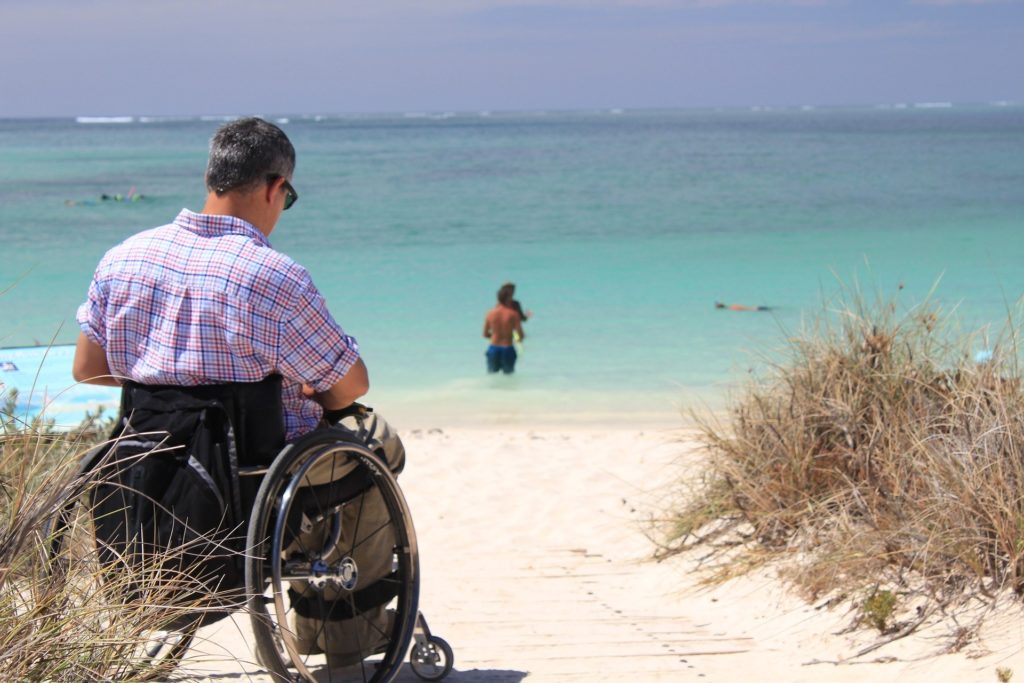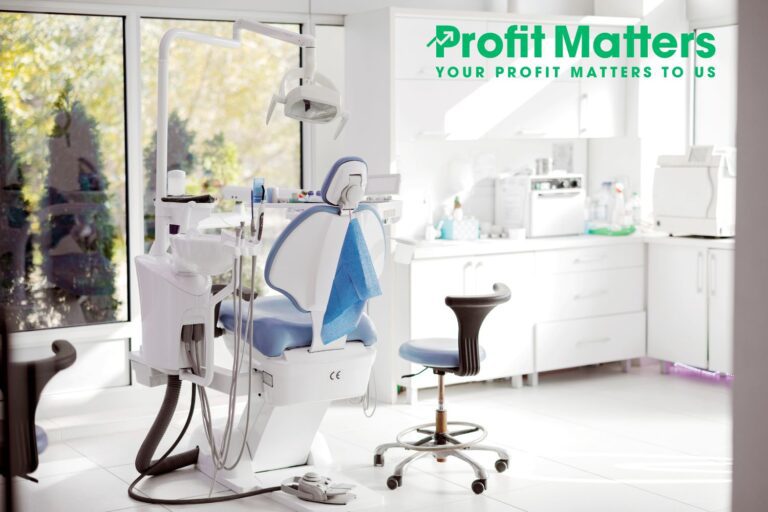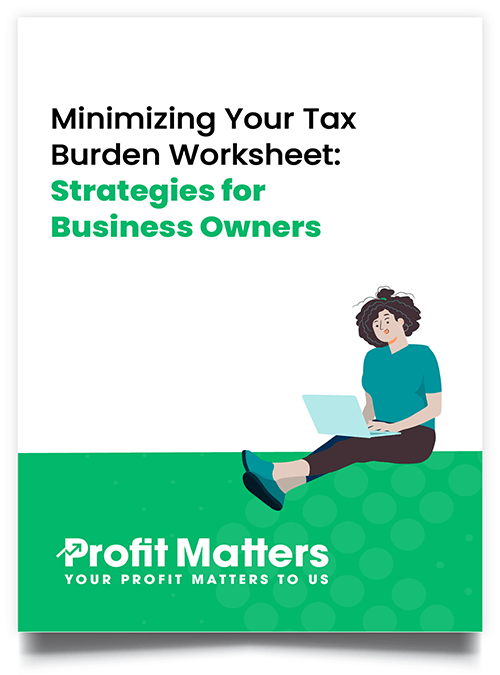As a person with a disability, both feeling financially secure is further complicated by the fact that you don’t want to forgo your eligibility for disability benefits. So, where does this leave you? You can still get a handle on your finances and start saving for a future that is unknown with these tips.

Hold Yourself Financially Accountable
One of the smartest things you can do for your finances is to hold yourself accountable. This means not letting yourself fall into a hole by keeping track of your finances both on paper and electronically. Not only will these be helpful should you need proof of good reputation and credit score for a loan, but it can also help you detect potential fraud or discrepancies. Keeping tracking of your documents will be helpful in creating a realistic budget you can stick to.
Think About the Hard Stuff
While your main focus is how you will take care of yourself and your family now and in the future, what about after you’re gone? As crazy as it sounds, passing away comes with its own share of expenses. And should you pass away suddenly, a life insurance policy will be a lifesaver, helping to cover funeral expenses, medical bills, and make up for any lost income. Purchasing life insurance isn’t as difficult as it seems with online comparisons and calculators available to help you get the coverage you need.
Have You Considered Medicare?
Medicare is for people over 65, right? Not necessarily. Many people are surprised to learn that some disabilities make you eligible for early Medicare. You may qualify for Medicare based on your Social Security disability status as well as if you have certain disabilities such as ALS or End-Stage Renal Disease, as well as more broad categories of disabilities including musculoskeletal issues, speech and sense impairments, and various syndromes to name a few. You likely won’t pay for Medicare Part A, but Part B (doctor visits/medical supplies) and Part D (prescription coverage) come with a premium. This guide details various savings programs you may be eligible for that will assist you in paying premiums, deductibles, and copays.
Open an ABLE Savings Account
Beginning in 2015, disabled individuals were finally given an option to save money without compromising their eligibility for disability benefits. This new method of saving comes in the form of an ABLE (Achieving a Better Life Experience) savings account. The assets don’t affect your eligibility for Supplemental Security Income (SSI) unless the balance exceeds $100,000, and you get a tax advantage in that you can make $15,000 in state tax-deductible contributions per tax year. In order to open an ABLE savings account, you must have become disabled before you turned 26. You can use the funds for education, transportation, job training, medical expenses, assistive support tools/devices, and various miscellaneous expenses such as legal fees or housing. Another option to consider using in conjunction with an ABLE savings account is a special needs trust, which you can read more about here.
Small Savings Add Up
It is important to remind yourself that any amount of saving, big or small, will make a huge difference in the long run. Confined to Success put together an awesome list of sites and apps you can use to save money. For example, you can use Ibotta to earn cash back on groceries, GasBuddy to help you find the lowest gas prices in your area, and Groupon to find coupons on household items, restaurants, and fun activities.
Saving money for your future is important, but having a disability means you have to put a little more work into finding ways to save. The good news is that it can be done. The tips above will help you get started saving so that you can enjoy a financially sound future.
Author Bio:
As a former financial planner, Ed Carter uses his background and experience to help those with disabilities plan for their future.



